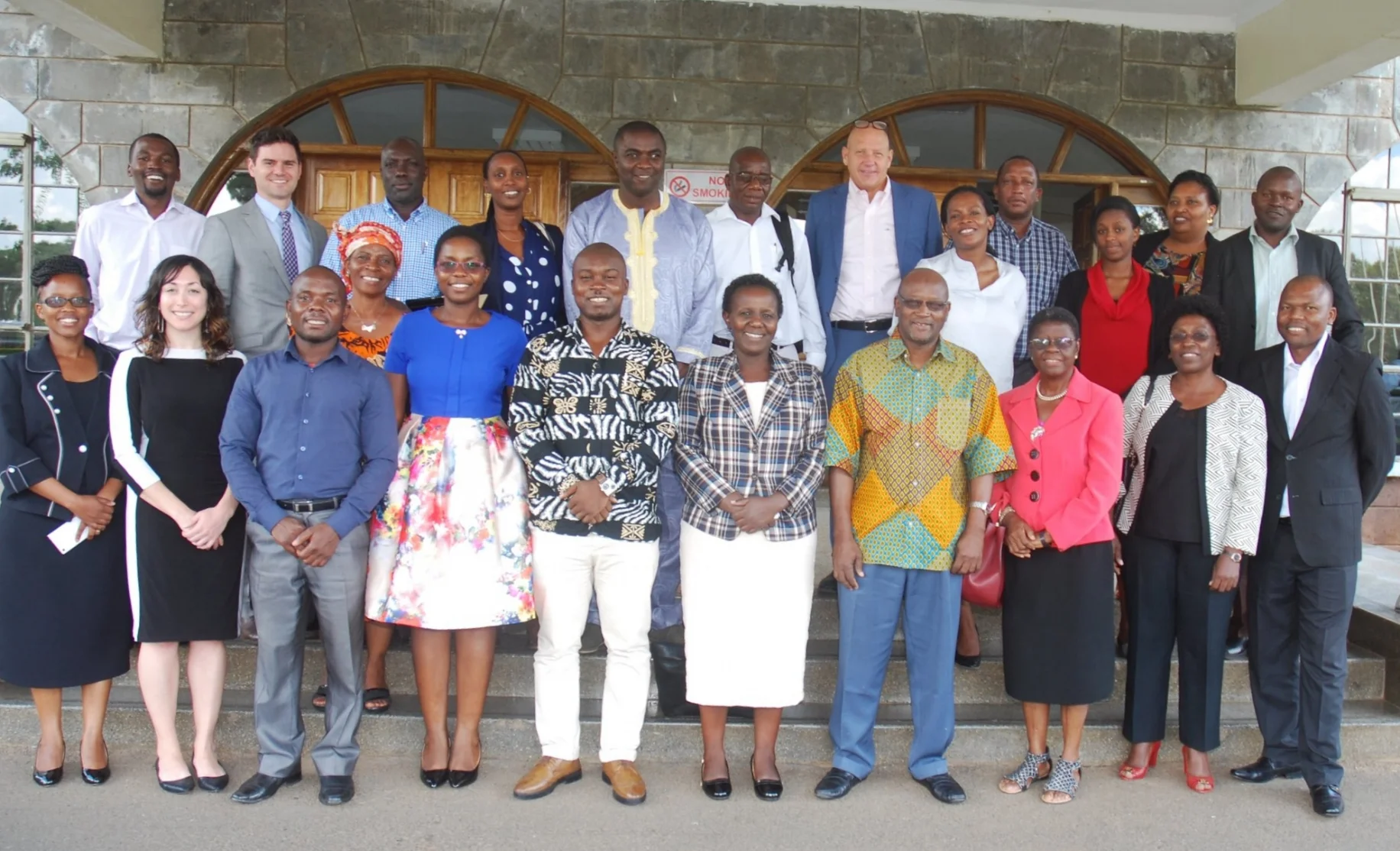Smart Scaling of Pre-primary Education: Launching the Global ECE Accelerator Toolkit
The importance of quality early childhood education is reflected in the Sustainable Development Goals, as target 4.2 calls for access to quality pre-primary education for all children. To achieve this ambition, one vital solution is to ensure that pre-primary education is systematically integrated into the national cycles of education sector planning and policy implementation.
This webinar, co-organized by the Global Partnership for Education (GPE), UNICEF and ECDAN, will provide insights into this innovative approach and launch the global ECE Accelerator Toolkit to support countries with effective planning and implementation of ECE programs. The vision is to engage more countries and partners in this approach, put to use the global toolkit and learn from countries’ ongoing efforts and successes.
Register here for the event.






